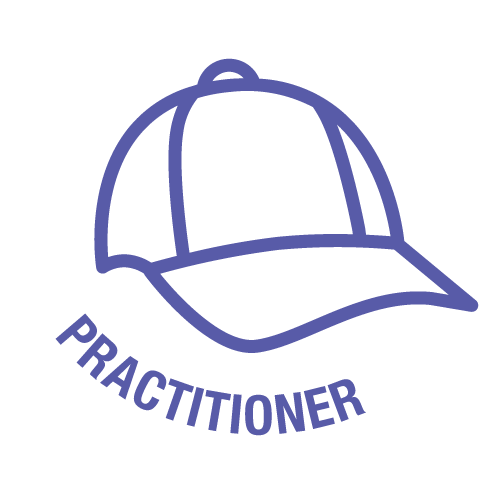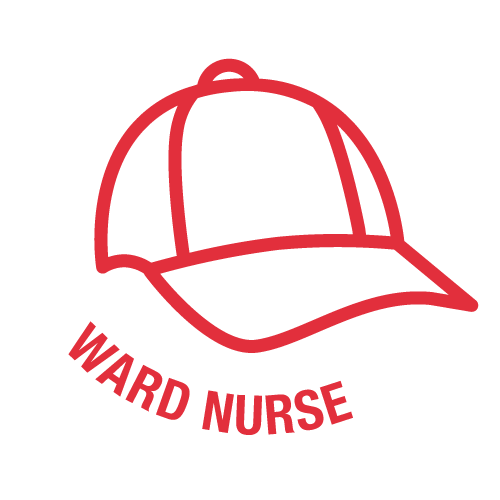Best Practice Guidelines: Hospital Patient Administration
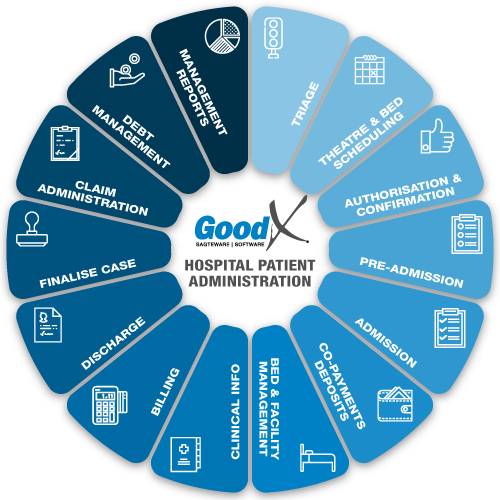
Copyright © 2019 GoodX Software. All rights reserved.
GoodX online Learning Centre
learning.goodx.co.za
10. Clinical Info
Responsible Roles
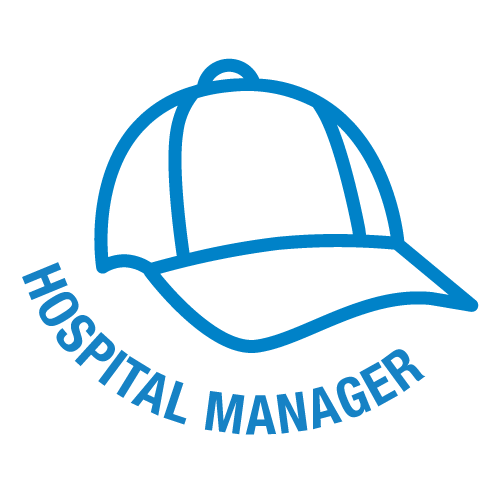 |
Ensure all the personnel that have access to the patient's clinical information must have signed a privacy policy form to ensure no clinical information are shared with other unauthorized personnel, visitors or patients. Ensure the correct clinical information is used when it comes to a legal claim against the hospital. |
|---|---|
|
|
Ensure all notes have been made on the patient. Ensure the correct treatment are documented in the patient file to assist the nursing staff to give the correct medication to the patient and to ensure the correct procedures are done on the patient. |
|
|
Follow all the practitioner's instructions on the medication and the treatment procedures. Record all vitals every time in the patient file or electronic. Record the patient dietary and bathroom cycles. Record any medication that was given to the patient and the quantity. ensure you now the allergies of the patient and communicate immediately if new allergies have been discovered. |
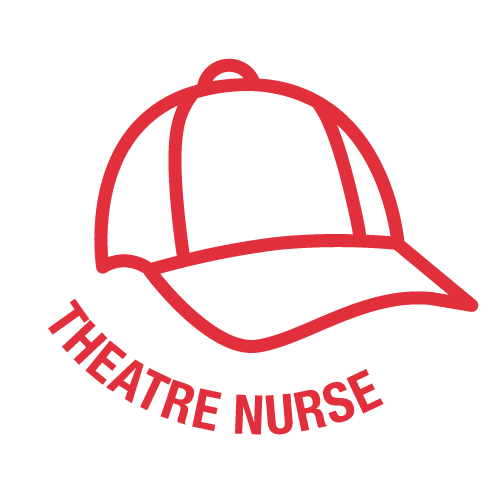 |
Ensure the patient is prep for theatre. Ensure the patient did not have any food or liquid before going into theatre. Record every note on the patient file while the patient is in the theatre and in the recovery area. Any complications and warning signs must also be documented. Ensure all equipment, oxygen, materials and medication have been documented in the patient file. Record the theatre in and out time. |
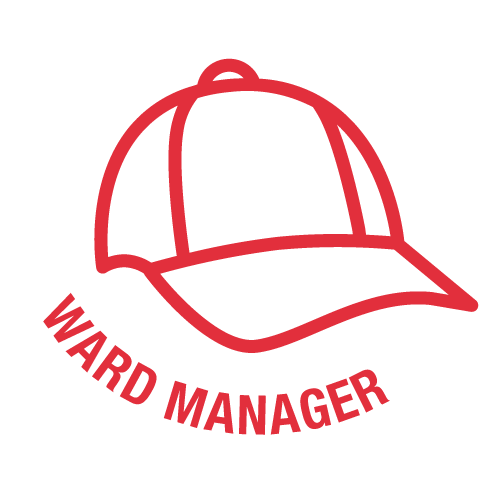 |
Sign off on all patient files and ensure all vitals were taken and recorded. Ensure all medication was given to the patient as prescribed by checking the register in the patient file. |
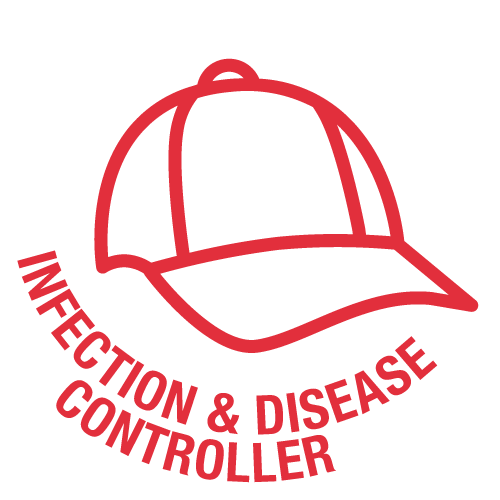 |
Investigate all clinical notes to ensure any warning signs for any infections. Record any signs of infection and communicate immediately to ensure the infection is not spreading further. If any other disease develops in hospital, investigate the reason and ensure that this won't happen again. Ensure all clinical records what the government needs are up to date. |
 |
Update the medical aids with the necessary clinical information. |
 |
Ensure all scripts from the practitioner have been issued and sent to the wards. Ensure correct stock levels. Ensure the correct signata (how the patient must use the medication) as per the practitioner's script is on the medication. Check the expiry date before sending out the medication. File the script and record the medication on the system and the patient file. |
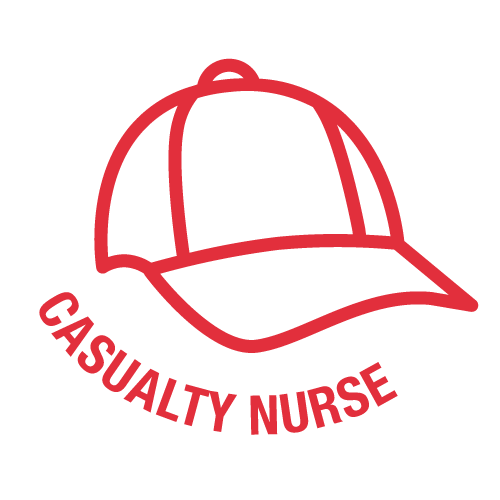 |
Ensure all vitals and symptoms have been documented. Record the patient arrival status. Ensure all medication and materials have been recorded in the file. Assist the practitioners in all the procedures. Record any discussions with the practitioner into the file. Ensure all test have been documented on the system. |
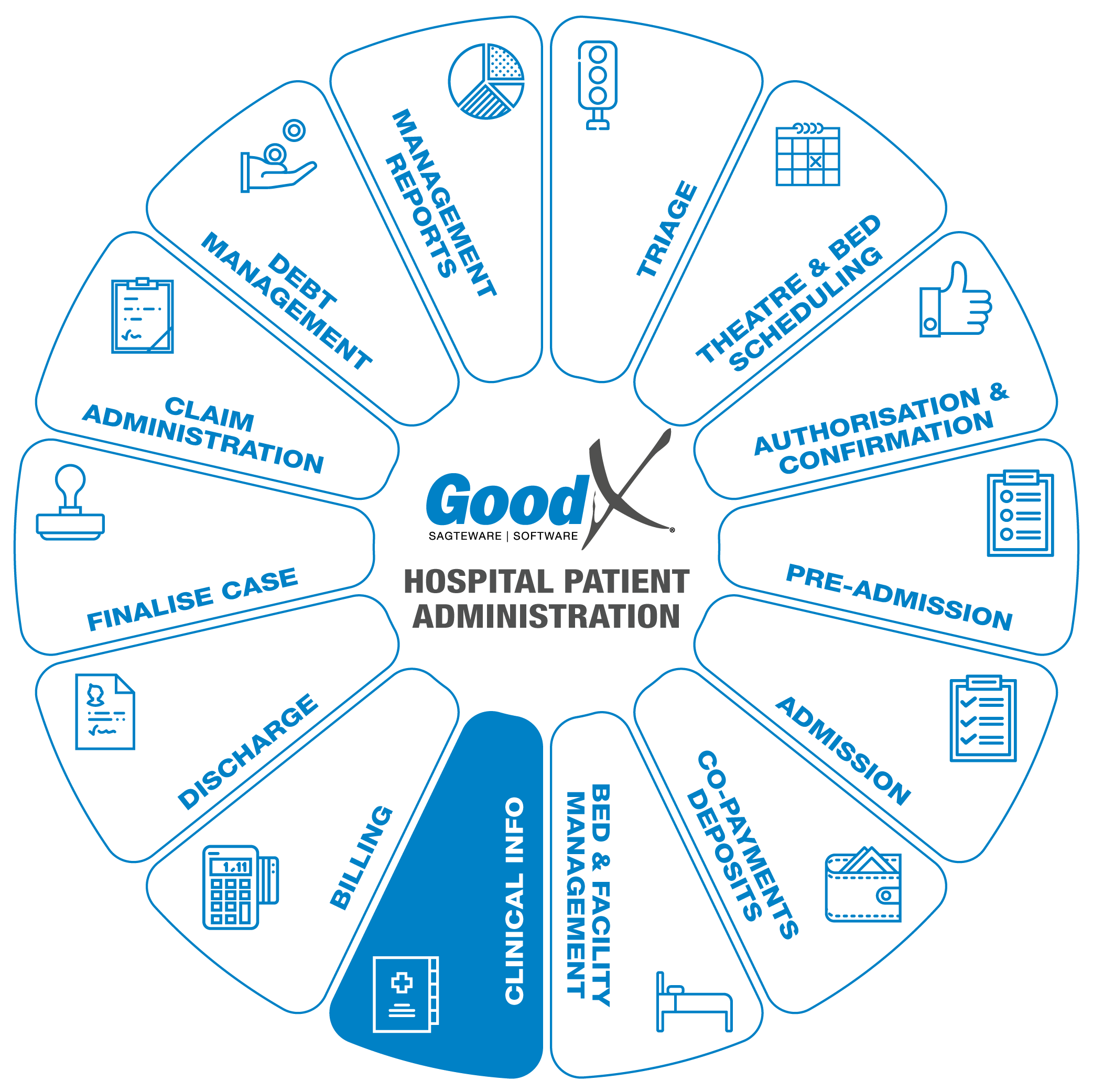 Purpose of Clinical Info
Purpose of Clinical Info
The clinical info is one of the most important departments. Correct clinical records will assist the practitioner to decided on the correct treatment. Ensure all clinical information are available when a patient takes the hospital or practitioner to court when something went wrong. Remember if something is not written down or in electronic format, it never happend.
